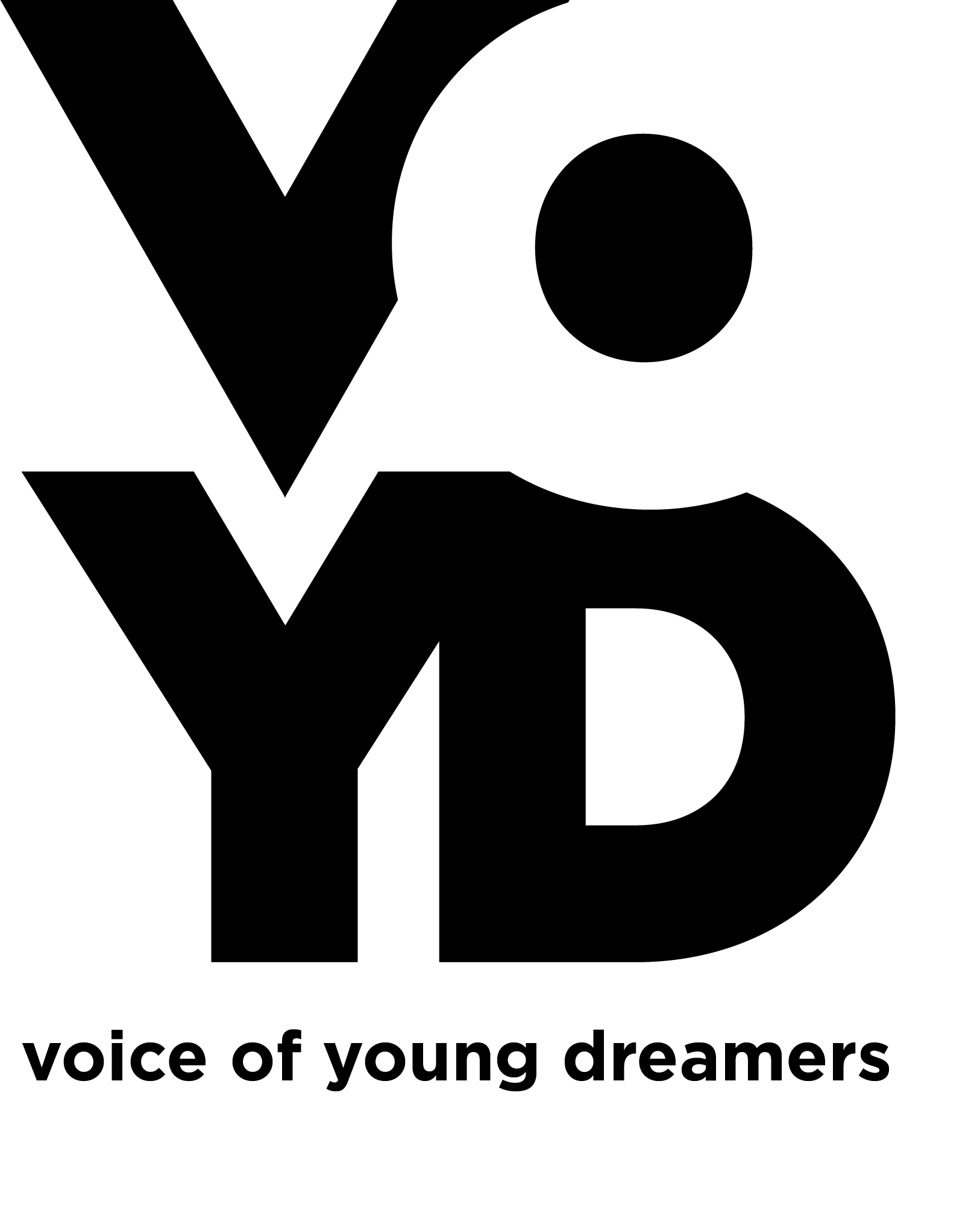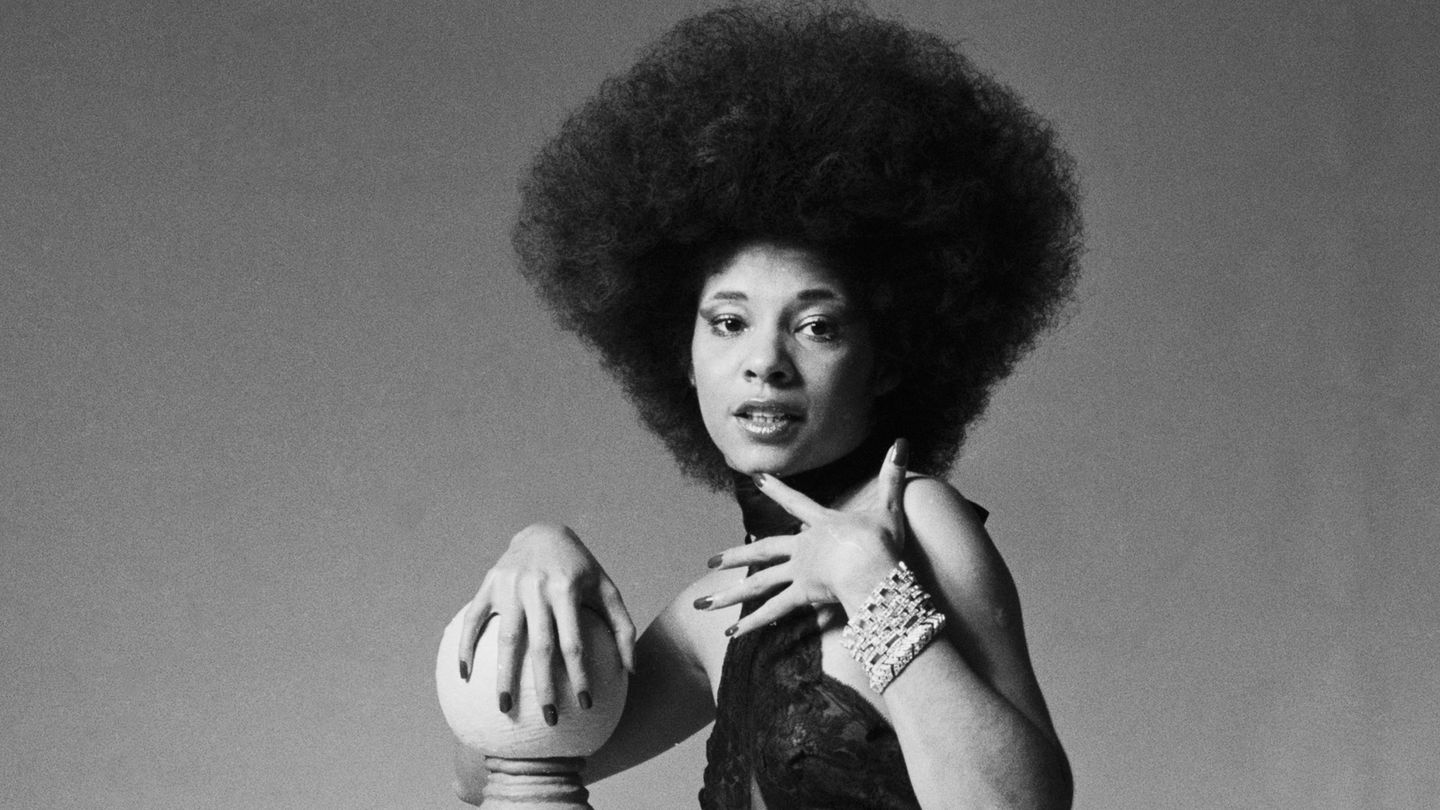Fuck A Major: Record Labels Are Dead

(Source: Above Photo Princess Nokia for thefourohfive)
THANKS TO INDIE ARTIST OF COLOR, THE AGE OF RECORD LABELS IS FINALLY OVER.
In the summer of 2016, Princess Nokia, an Afro-Boricua emcee from Harlem, was questioned as to why she’d chosen not to sign to a major record label. The twenty-three-year-old rapper was experiencing her most successful year yet—the release of her groundbreaking, urban-feminist album, 1992 was beloved by new wave hip-hop fans; the album’s lead singles, “Tomboy”, “Kitana”, and “Brujas”, videos showcasing her perusing through Uptown with streetwise, city-girl ease gained over three million views within six months. The young Harlemite was also one of the few women ever to be nominated to be the Freshman Class cover for XXL magazine. The most remarkable part of this hip-hop Cinderella story? She wasn’t signed to a label—and wanted to keep it that way.
“I wasn’t trying to be famous or try to have a record deal. There’s no money in record deals".
(Source: Princess Nokia for DazedDigital)
“I wasn’t trying to be famous or try to have a record deal. There’s no money in record deals. I’m not a woman looking to be taken advantage of,” she explained to Snobette. “You sign your clause over—that’s paperwork where you’re expected to make an album, and you’re expected to make it so. I never wanted that pressure on me. I wouldn’t have able to have the creative freedom to do all those amazing avant-garde projects that I did. So, that’s why I stayed independent, and that’s why I will always stay independent. I’ve gained my career, opportunities, and my accolades based off me—just solely me. That’s why I’ll always stay independent.”
20 years ago, an independent approach to a music career for an aspiring creative would be akin to career suicide. Before the immense dominance of the internet in the new millennium, artists looking to gain solid footing in the recording industry and professional advancement were automatically expected to sign to major labels. Princess Nokia, born Destiny Frasqueri, joins a growing contingent of millennial renegades of color abandoning the traditional path of record labels, instead opting for a D.I.Y artistic platform. Not only is such an approach a testament to the power of independent art to resonate with the masses, but also demonstrates the burgeoning power of D.I.Y. ethics that’s rendering major record labels obsolete in the 21st century.
Until the late 1990s with the explosion of the internet, producing, singing, rapping, and recording music without a major label was primarily a tenet of musicians with poor-working class roots, namely within the punk rock movement. “D.I.Y. was not only the forefront for just strictly music, but made it possible for individuals to book their tours, release their records, and redistribute their ideas and materials through fanzines. By the late 1970s, underground labels started to emerge from all over the United States. Labels such as SST, Twin Tone, Epitaph, BYO, and ROIR were releasing records by many local punk acts. Bands including Black Flag, Youth Brigade, Minor Threat, and Dead Kennedys were now releasing records and booking their own tours,” notes Ivan P. Moran. “D.I.Y. in the punk subculture is often not a choice because of the low income of individuals within the subculture.”
Hip-hop as a culture also shares a similar history with punk in regards to D.I.Y. music creation, particularly in the southern half of the United States. In the late ‘90s, aspiring rappers in some of the poorest, disenfranchised wards in Houston were in basements, rooms, and inexpensive recording studios formulating what would become mix tapes to be sold out the back of their cars. The genre in itself began in the Bronx’s working class neighborhoods at a time when school art and music programs were cut after the New York City’s devastating fiscal crisis.
(Source: Instagram @princessnokia)
With the technology changes of the music industry in the late ‘90s, record labels struggled to keep up. With young consumers able to access music more quickly than ever, staple record label giants had less control than they wanted. In the wake of Itunes, Spotify, Pandora, and YouTube, labels rely on royalties, which hit artists of color particularly hard.
Frasqueri’s critique of artist exploitation in the record label business is a frequent point of contention. Prince, in the latter part of the ‘90s, feuded with his record label about his rights as an artist, even pushing his activism so far as to change his name solely to that of a symbol infamously, and declare a plethora of music artists being enslaved to record labels. His contemporary, Michael Jackson, also battled Sony Records in 2001 after the release of Invincible, claiming that the label failed to promote the album due to racism. Perhaps one of the most notable cases of label exploitation occurred in 1995 when TLC filed for bankruptcy after LaFace records refused to renew their contract when the group demanded to be paid adequately for their creative labor, highlighting how the record industry exploits Black artists.
“When artists sign a contract with a record label, they expect to make a lot of money from the music they create,” writes Ilan Bielas in The Rise and Fall of Record Labels. “More often than not, they find themselves losing their money to the record labels. Traditionally, record labels have withheld a lot of royalties from artists who create the music. About 5-10% of the total records shipped are given out for free by record labels to retailers to send a larger amount. Artists never get royalties from these records.”
(Source: Photo of Frank Waln for inverse)
The creative freedom that comes as a result of taking the independent path is another draw for artists of color. Frank Waln, a rapper born and raised on the Rosebud Reservation in South Dakota, utilizes the power of storytelling in lyrics to highlight the oppression and resilience of indigenous people. Waln’s music gained him numerous accolades, from being the recipient of three Native American Music Awards and being featured in numerous publications in the United States and the U.K. Grammy award winner Chance the Rapper was given half a million dollars to post his Coloring Book album on Apple music for two-weeks, however, elected not to sign to a major label. Immortal Technique, heavily known on the underground hip-hop circuit speaks about remaining D.I.Y., and punk bands such as the Breathing Light and Fuck You Pay Us continues to maintain a strong following on social media without label support.
(Source: Facebook @thebreathinglight)
The ingenuity of millennial artists of color is paving the way for a new industry in which musicians can create innovative work on their own merits and visions without the looming presence of exploitative record execs. The ever-changing landscape of music belongs to artists who are creating a more radical future for music as we know it.












